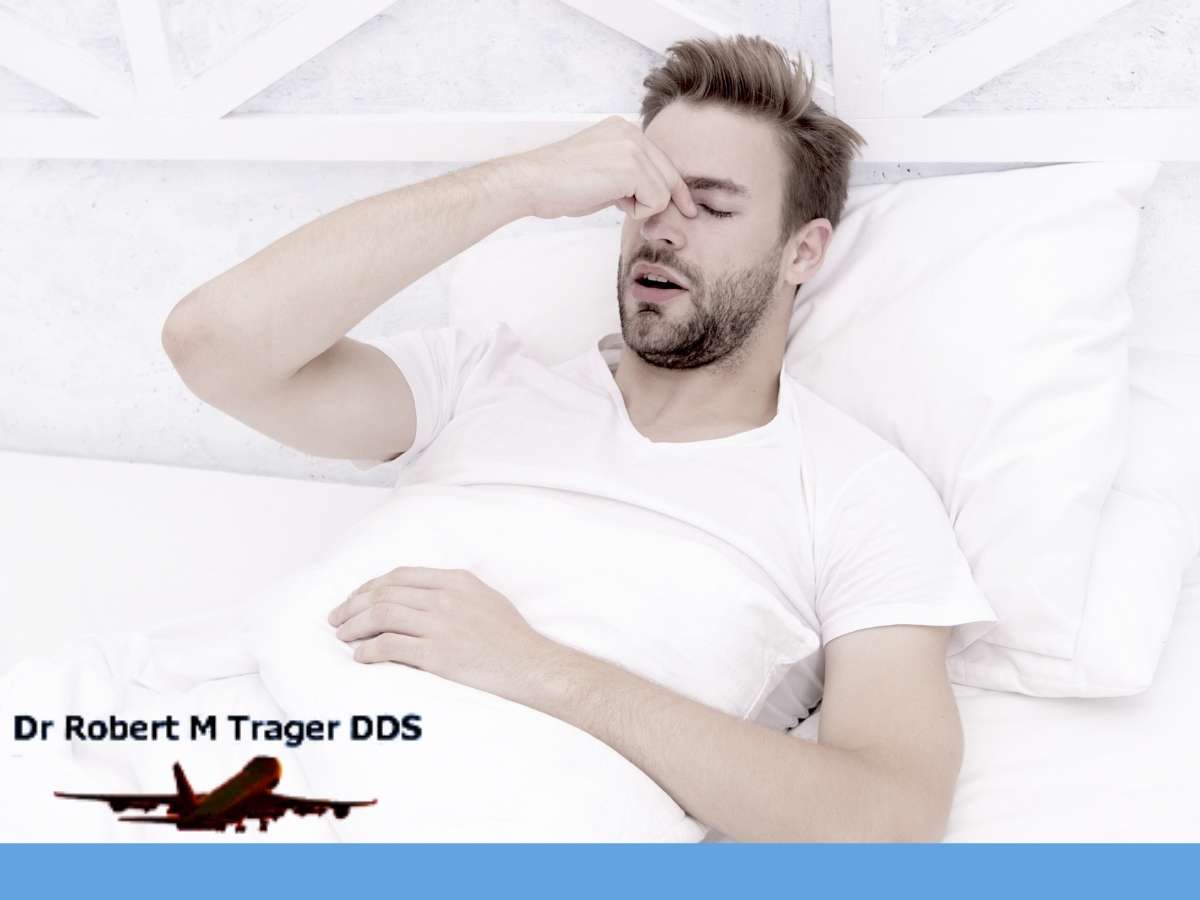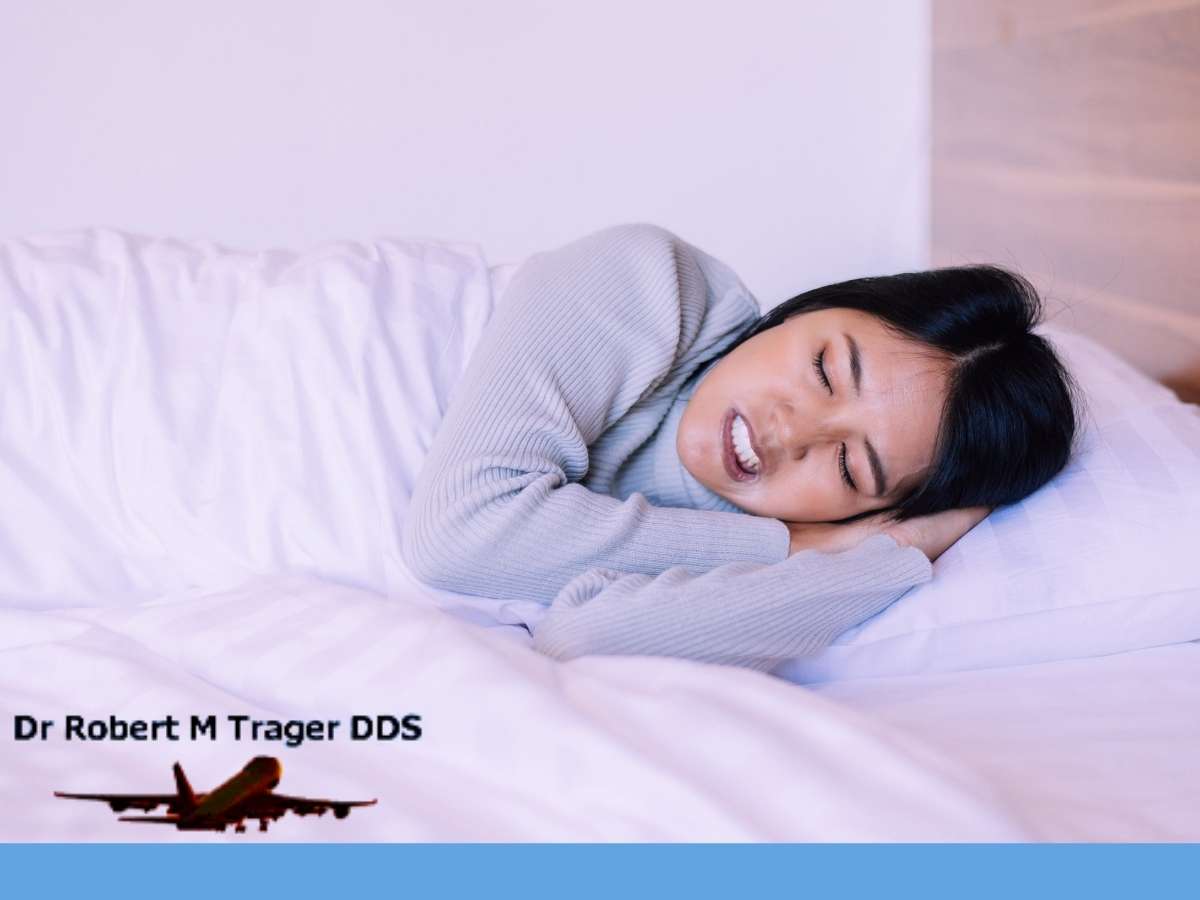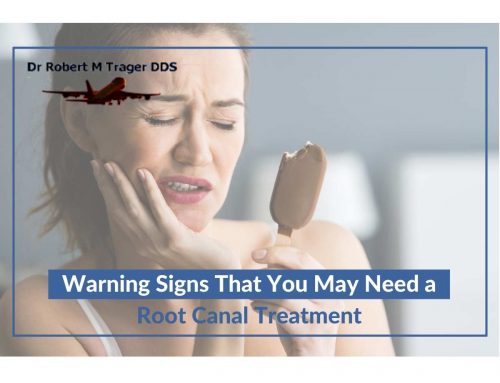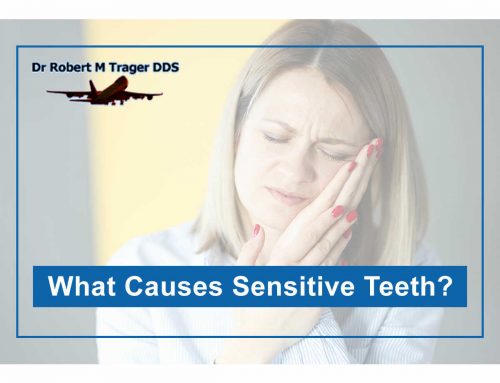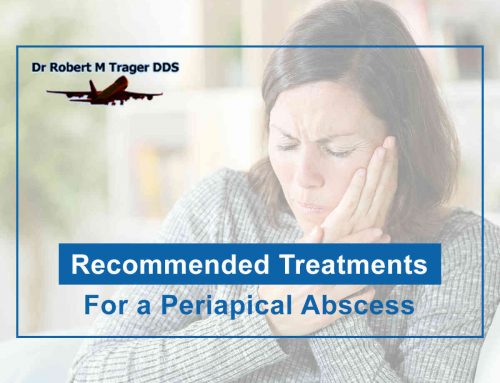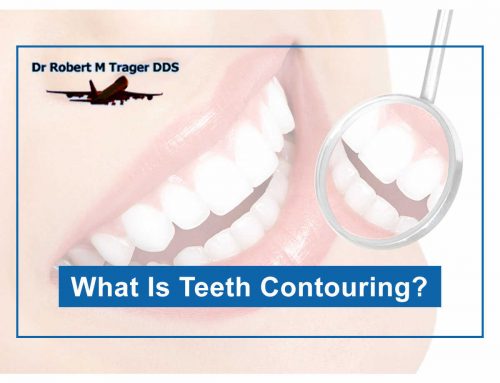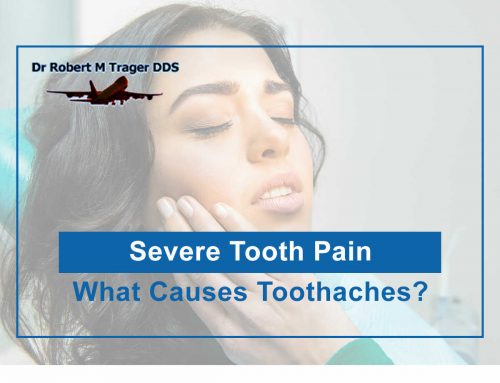What Is Sleep Apnea & How Can It Be Prevented?
You wake up in the morning and you still feel like you haven’t slept. The day moves so slowly for you because you are tired. It’s not like you stayed up all night – you had eight hours or so of sleep. So what could be the problem? It might be sleep apnea. It’s something that you need to have checked out… and your Queens, New York dentist might be the perfect person to go to.
We’re here to answer the question: What is Sleep Apnea & How Can It Be Prevented?
How Can I Tell If I Have Sleep Apnea
When you sleep, you usually breathe regularly throughout the night. But some people have sleep apnea, which means they stop breathing at certain points and then start up again. This can cause problems down the road, including slowed-down reaction time, which can be bad for people when they are doing something like driving, higher blood pressure, and heart disease. It’s important that people know so that they can remedy it.
There may be several signs that you have sleep apnea. Snoring is the most well-known one, but there are others that may indicate that you have this. They include:
- Trouble staying asleep
- Being extremely tired
- Having a dry mouth or throat
- Headaches
- Irritability
- Mood swings
- Weight Gain
People also can have one of three different types of sleep:
-
Obstructive Sleep Apnea (OSA)
This happens when your throat muscles relax while you sleep and collapse too much for you to breathe normally. Snoring is the result… but if you snore, you might not have sleep apnea – the two are not inextricably tied. Your brain then signals you to wake up since you are not getting enough oxygen. Your weight can play a part with this – obesity is a big risk factor.
-
Central Sleep Apnea
Your brain regulates your breathing and sometimes it doesn’t send the right signals. People who are extremely heavy, have had a stroke, suffer from Parkinson’s or have heart failure are all possible candidates for this. Opioids or benzodiazepines can also cause this part of the brain to shut down. You will likely need a sleep test to confirm this. You will likely have to address the issue like shedding weight or treating your heart problem to correct this. A CPAP machine, which blows air in can also aid your sleep.
-
Complex Sleep Apnea Syndrome
This is a combination of the above two. This is a situation where the CPAP machine doesn’t help. It’s still an area that requires more research, since the experts aren’t sure what exactly is happening.
Home Sleep Apnea Test
This involves you using a breathing monitor that measures how often you breathe and if there are pauses throughout the night. It also records your oxygen levels during that time and how much effort you expend on breathing. You won’t be able to see how deep your sleep is, though – that would require a sleep study. Also, you run the risk of the sensor falling off when you sleep. It’s a good thing for your doctor to see though so that they might send you to a sleep study.
What Are The Treatment Options For Sleep Apnea?
There are a LOT of things on the market that advertise themselves as being able to help treat sleep apnea. They range from pillows to mouthguards to nasal strips. Shedding weight can be quite helpful, and using a CPAP machine to continuously blow air into the nose and mouth all night can improve sleep. It’s best to talk to your doctor or a sleep clinic expert to see what they recommend.
The Link Between Sleep Apnea & Teeth Grinding (Bruxism)
While the correlation between the two might not be obvious, there have been studies that suggest that the two are related. One thing that they think happens is that when you stop breathing during OSA, that might trigger the jaw grinding. There are others that think that when your chewing muscles re-open your airway, it might start the grinding process. Your bruxism might even be a way that your body tries to combat the apnea.
A smaller subset of researchers think that the bruxism might contribute to the OSA, since the things that signal the teeth grinding might also lead to airways being constricted or obstructed. This only happened to roughly 25% of the people that were studied, though.
Contact a Professional Queens Dentist
Do you have sleep apnea? Contact a professional Queens dentist like Dr. Robert M Trager, who can do things like make a mouthguard to keep you from grinding your teeth. Ask him about sleep apnea at your next appointment. Give him a call at his JFK-LGA Dentist office today: 718-656-4747.
Dr. Robert M. Trager
JFK Airport
Building 14 West Wing,
Jamaica, NY 11430
Phone: 718-656-4747
Website: https://jfk-lga-dentist.com

